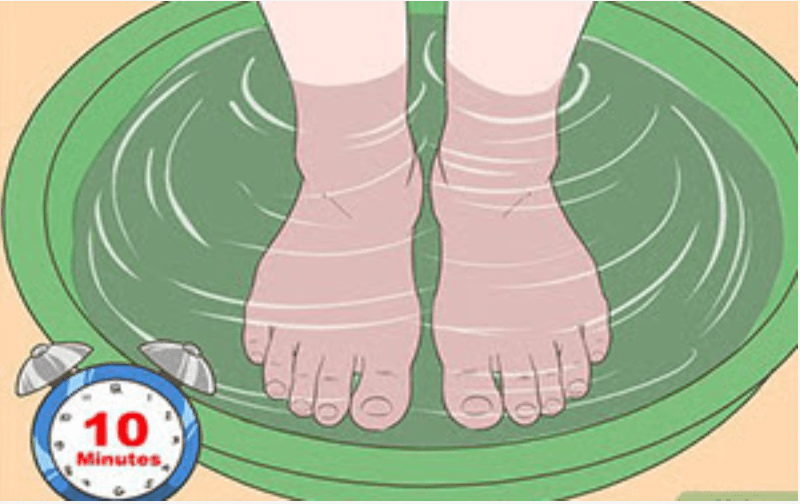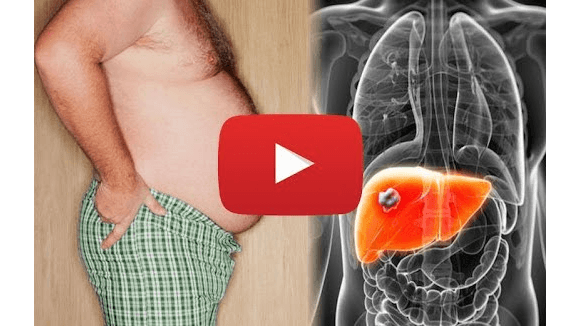Secret Weapon Against Dementia Revealed!
Fasting and intermittent fasting are gaining popularity not only for weight management but also for their potential benefits in reducing dementia risk. This article delves into how fasting can encourage brain health and possibly prevent cognitive decline.
One of the first things fasting targets is the reduction of amyloid plaques, associated with Alzheimer’s disease, by enhancing the process of autophagy—a self-cleaning procedure where misfolded proteins are recycled.
“Fasting can address improperly shaped protein plaques through autophagy.”
Fasting has been shown to boost neurogenesis, synaptogenesis, and synaptic plasticity, contributing to better cognitive functions. However, these are secondary advantages to fasting's profound metabolic impacts that address root causes of dementia.
With increasing age and insulin resistance, our brains become less efficient at using glucose. Fasting stimulates the production of ketones, like beta-hydroxybutyrate, which can serve as a stable and clean fuel alternative for the brain, particularly during cognition and mental tasks.
Fast-induced mitochondrial biogenesis and cleansing increase energy efficiency in brain cells. Given the brain's high energy demand, enhancing mitochondrial function is essential to slowing degeneration.
Integrating a 16 to 18-hour fasting period and regular exercise, especially High Intensity Interval Training (HIIT), shows remarkable effects in boosting BDNF and synaptic health compared to fasting alone.
Exercise acts as a synergistic partner with fasting, enhancing glucose and insulin control, thereby magnifying neurogenesis benefits already facilitated by fasting regimens.
Swift steps in fasting can tackle early-stage insulin resistance, alleviate neuroinflammation, improve gut health, and collectively address the aging brain's vulnerability against glucose overload and oxidative stress.
Addressing cognitive decline by integrating these lifestyle adjustments should begin early as youth offers the regenerative flexibility needed to witness these modifications’ full potential. Mature ages, however, warrant these measures vigorously due to passively low brain plasticity and motivation in overcoming months of dietary and neurophysiological mistakes.
In essence, anyone hoping to defend their mental capacities from future deterioration should adopt preemptively balanced fasting sessions complemented with stimulatory exercises.
From Around The Web
Wellness Inbox is a blog & weekly newsletter that curates trending news and products related to health and wellness from around the web. We also gather content from various sources, including leading health professionals, and deliver it directly to you.
Please note that we may receive compensation if you purchase any products featured in our newsletter. Wellness Inbox is not affiliated with, nor does it endorse, any health professionals whose content may appear in our newsletter. The information provided is for general informational purposes only and should not be considered medical advice.
The information provided is not intended to replace professional medical advice, diagnosis, or treatment. All content, including text, graphics, images, and information available is for general informational purposes only. We do not guarantee the accuracy or completeness of any information presented and assume no liability for any errors or omissions. The content is subject to change without notice. We encourage you to verify any information with other reliable sources and consult your physician regarding any medical conditions or treatments.







